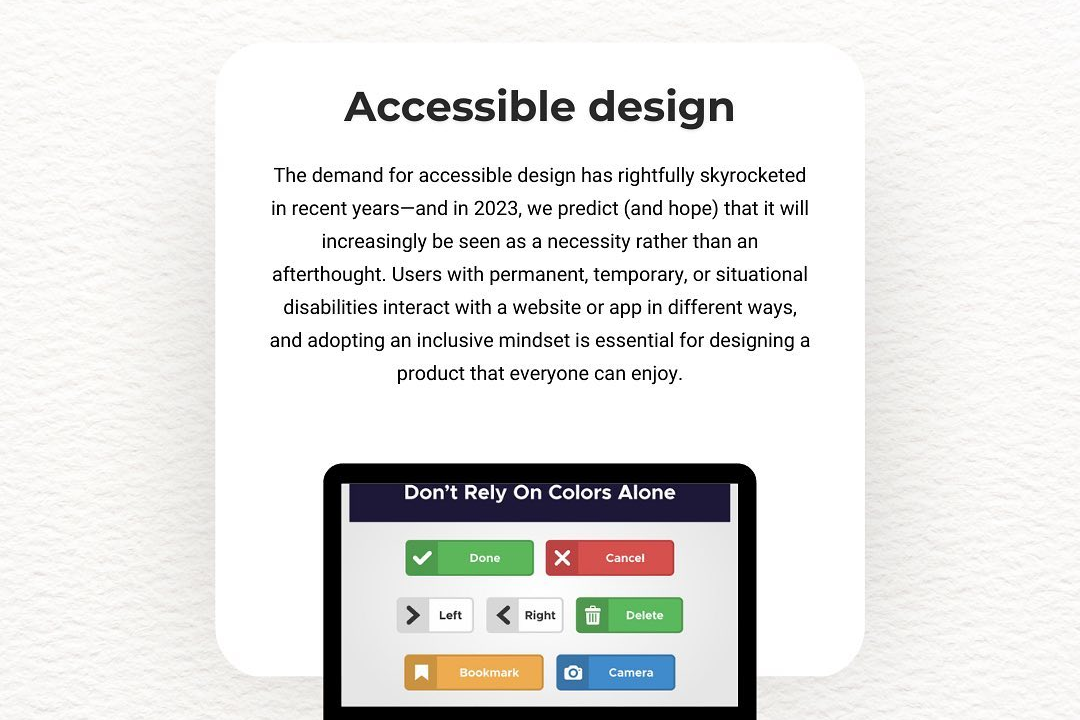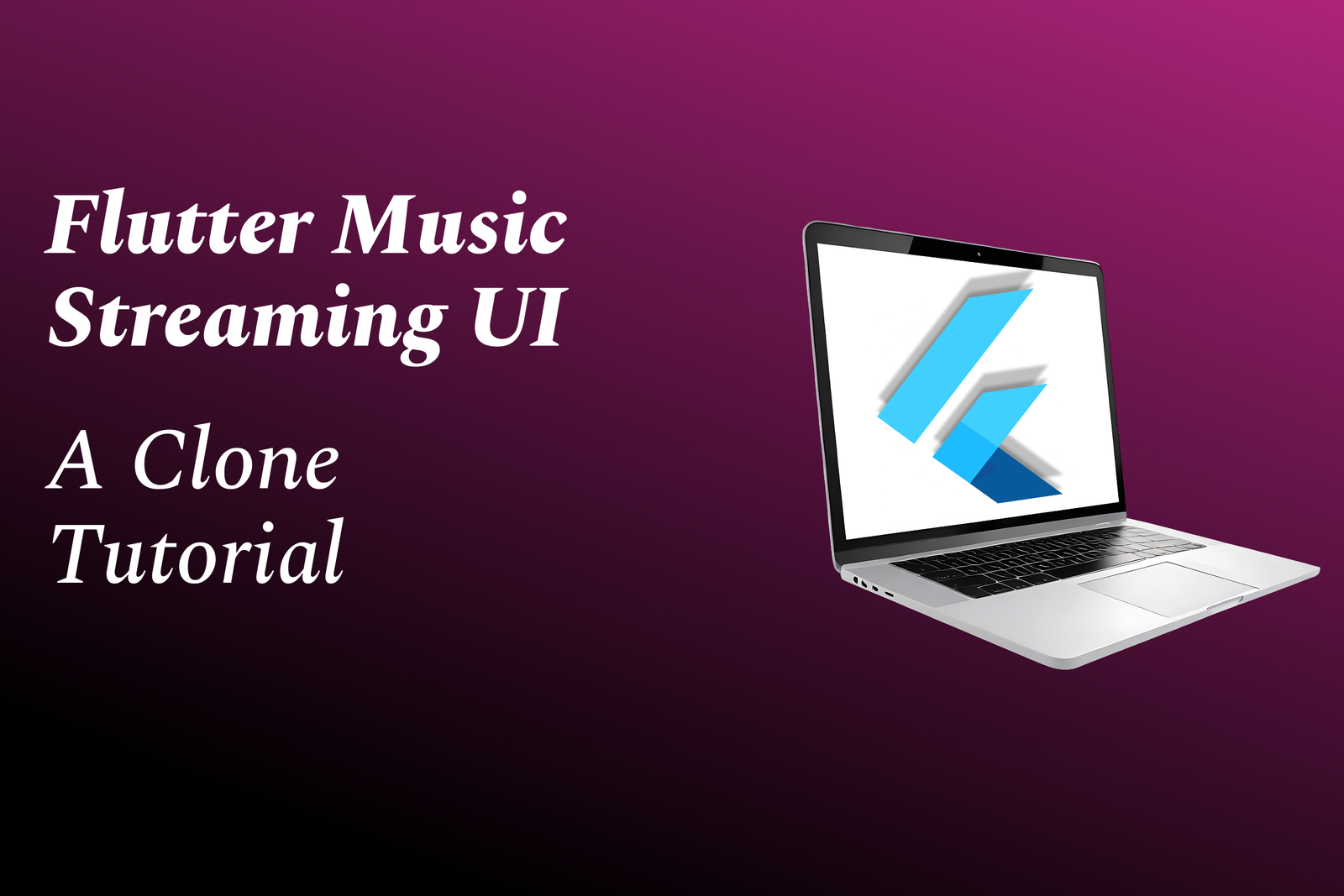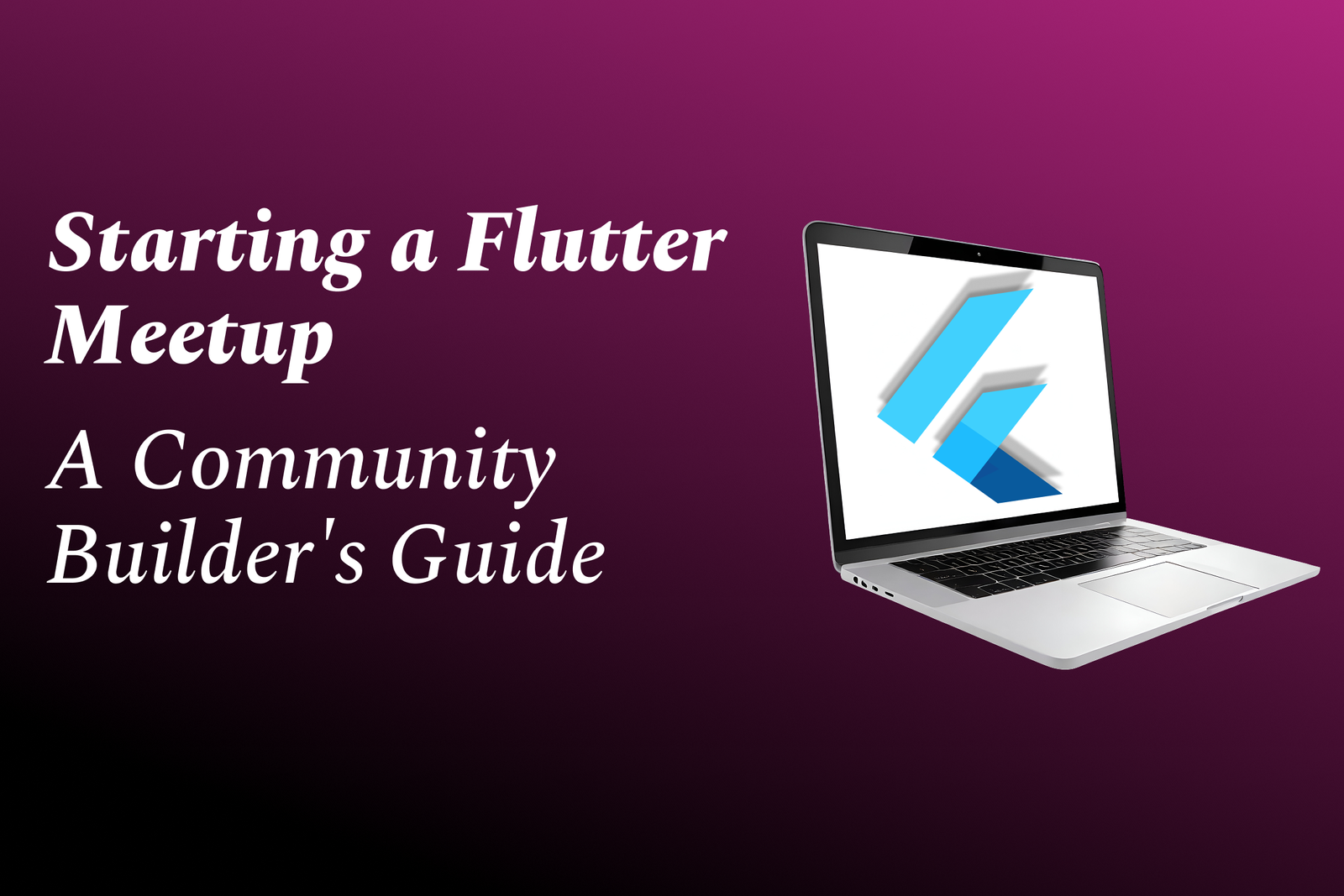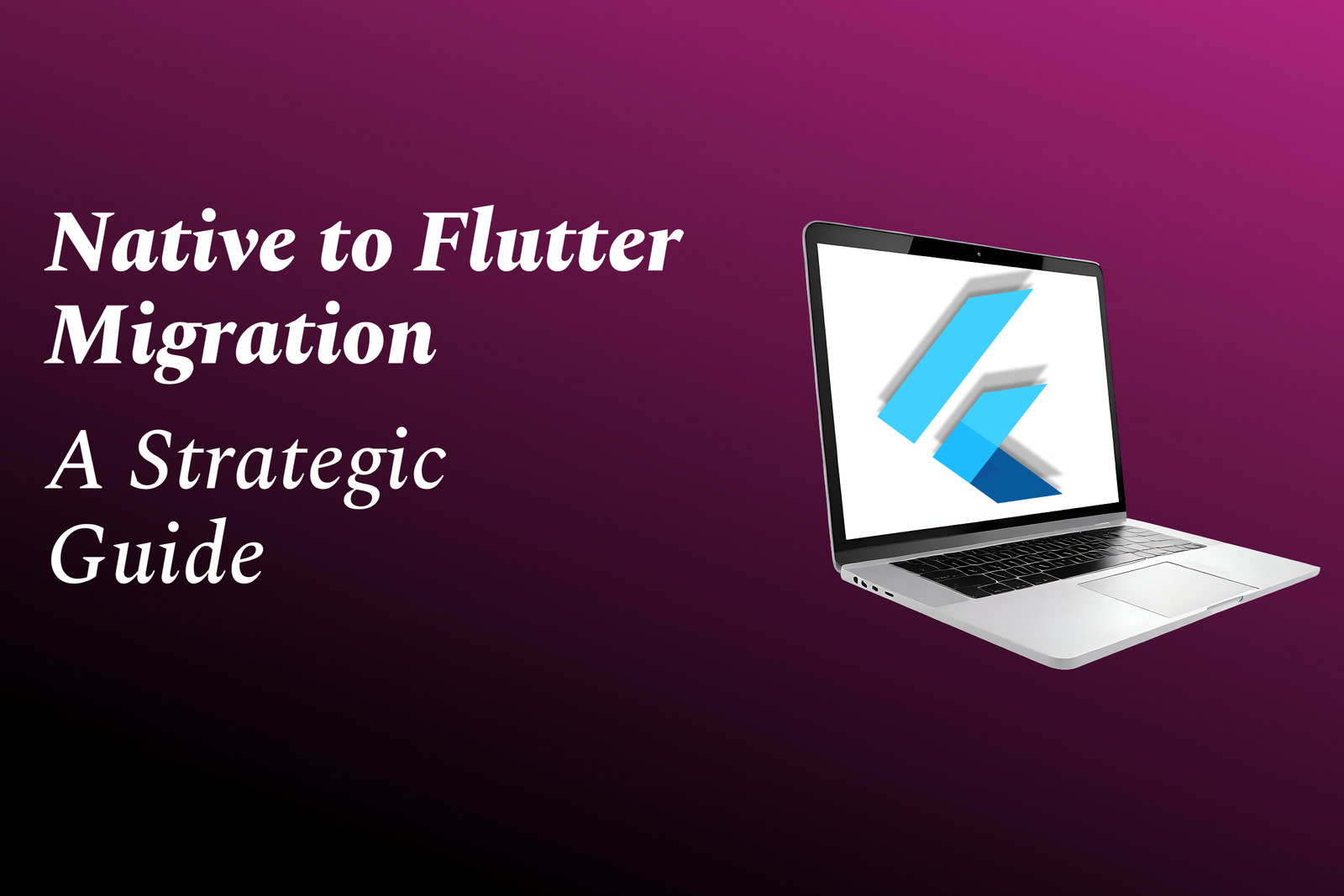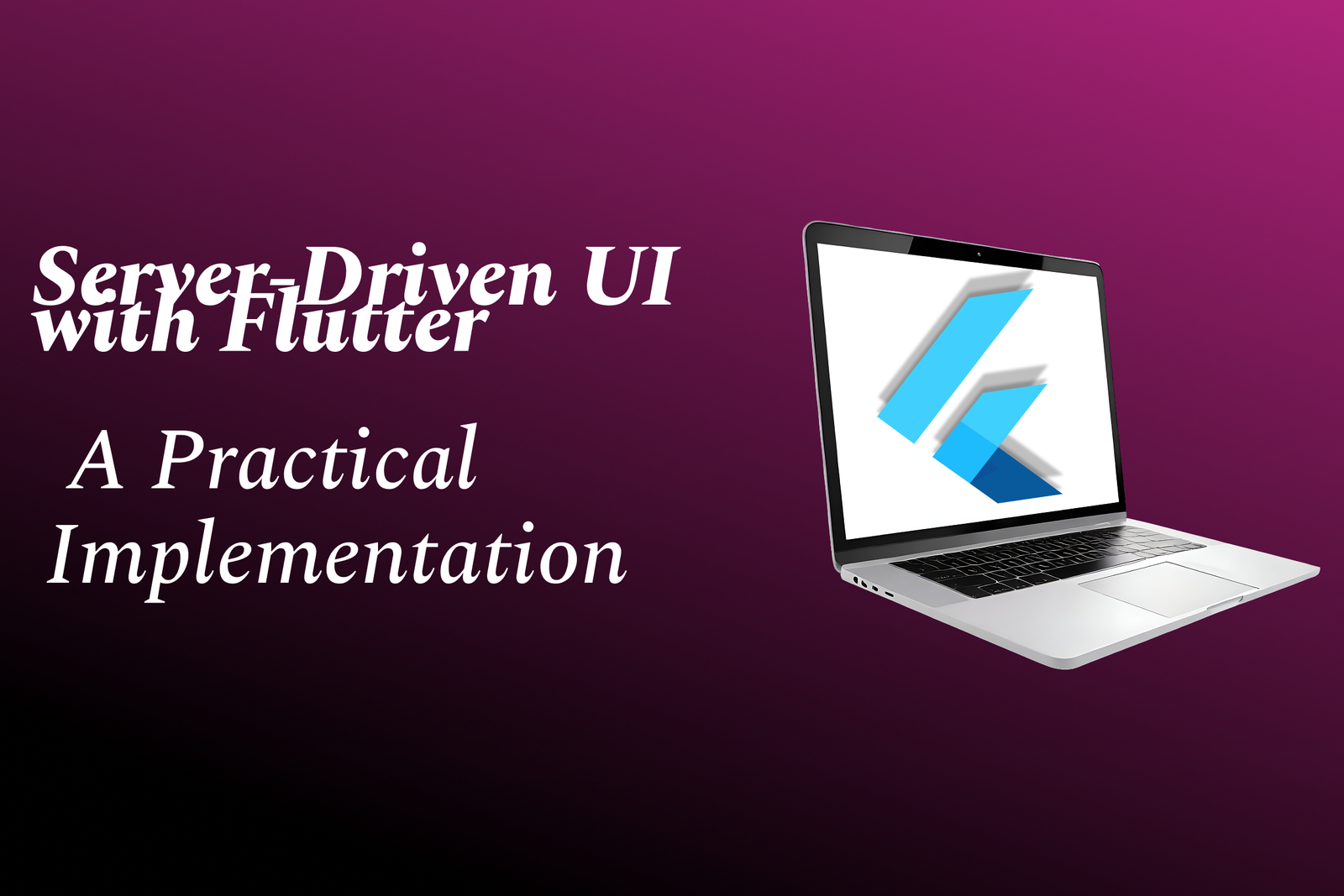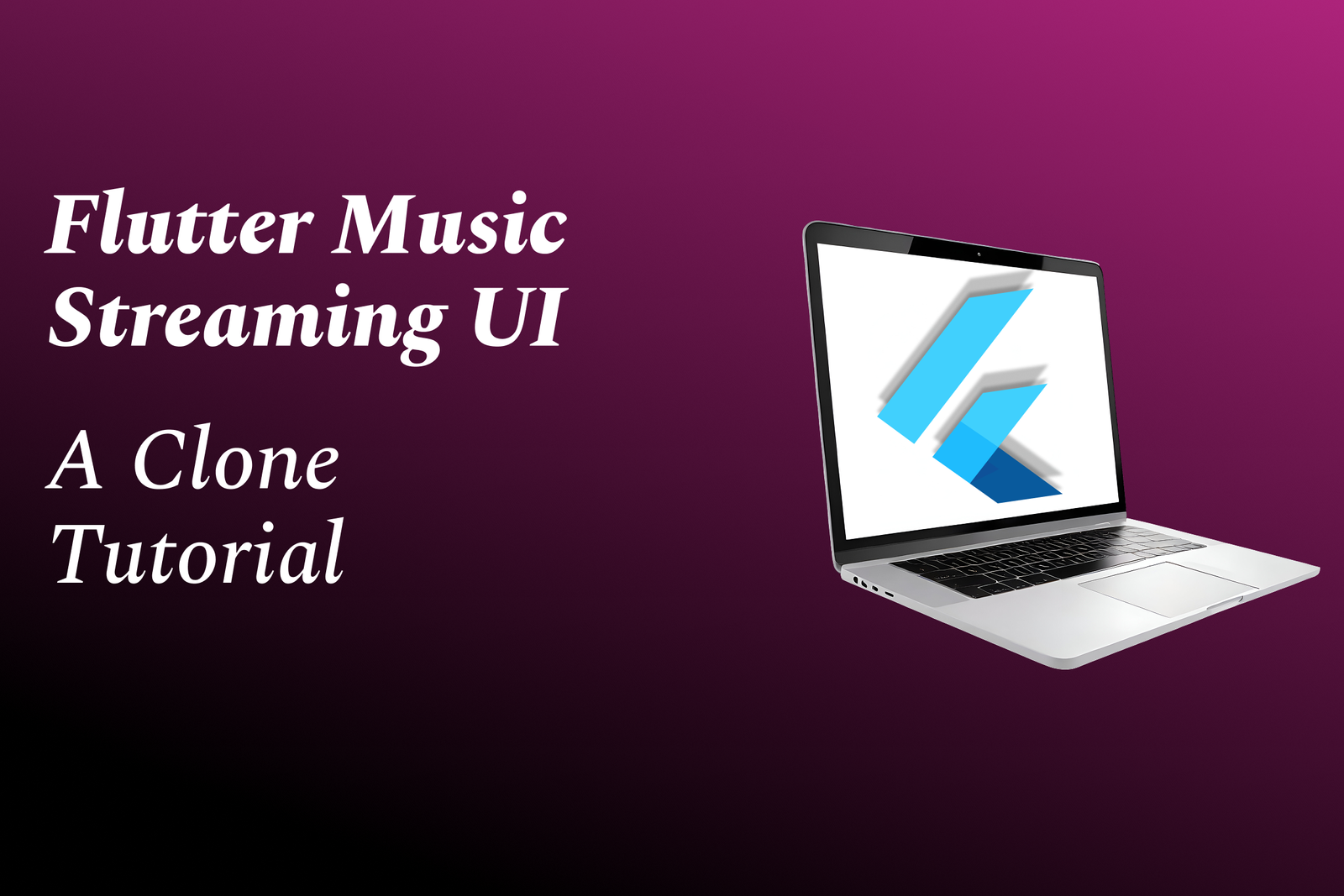Fb Page Creating In Php Programing
Creating a Facebook page using PHP programming involves utilizing Facebook's Graph API to automate t
Fb Page Creating In Php Programing
Creating a Facebook page using PHP programming is a powerful way to automate and streamline social media management for businesses and organizations. By leveraging PHP with Facebook's Graph API, companies can efficiently generate, update, and maintain Facebook pages directly from their applications or websites. This automation saves time, ensures consistency in branding, and enables dynamic content updates, ultimately enhancing online presence and engagement. For enterprises like JustAcademy, which offers certification courses with real-time projects, integrating Facebook page management through PHP allows for seamless marketing, improved outreach, and better interaction with prospective learners.
To Download Our Brochure: https://www.justacademy.co/download-brochure-for-free
Message us for more information: +91 9987184296
Creating a Facebook page using PHP programming is a powerful way to automate and streamline social media management for businesses and organizations. By leveraging PHP with Facebook's Graph API, companies can efficiently generate, update, and maintain Facebook pages directly from their applications or websites. This automation saves time, ensures consistency in branding, and enables dynamic content updates, ultimately enhancing online presence and engagement. For enterprises like JustAcademy, which offers certification courses with real time projects, integrating Facebook page management through PHP allows for seamless marketing, improved outreach, and better interaction with prospective learners.
Course Overview
The “FB Page Creating in PHP Programming” course teaches you how to automate Facebook page creation and management using PHP and Facebook's Graph API, enabling efficient social media automation and dynamic content updates for businesses and developers.
Course Description
Learn to create and manage Facebook pages using PHP and Facebook's Graph API, enabling automation and dynamic content management for social media success.
Key Features
1 - Comprehensive Tool Coverage: Provides hands-on training with a range of industry-standard testing tools, including Selenium, JIRA, LoadRunner, and TestRail.
2) Practical Exercises: Features real-world exercises and case studies to apply tools in various testing scenarios.
3) Interactive Learning: Includes interactive sessions with industry experts for personalized feedback and guidance.
4) Detailed Tutorials: Offers extensive tutorials and documentation on tool functionalities and best practices.
5) Advanced Techniques: Covers both fundamental and advanced techniques for using testing tools effectively.
6) Data Visualization: Integrates tools for visualizing test metrics and results, enhancing data interpretation and decision-making.
7) Tool Integration: Teaches how to integrate testing tools into the software development lifecycle for streamlined workflows.
8) Project-Based Learning: Focuses on project-based learning to build practical skills and create a portfolio of completed tasks.
9) Career Support: Provides resources and support for applying learned skills to real-world job scenarios, including resume building and interview preparation.
10) Up-to-Date Content: Ensures that course materials reflect the latest industry standards and tool updates.
Benefits of taking our course
Functional Tools
1 - Facebook Graph API: The core tool for Facebook page creation and management, the Graph API allows developers to interact with Facebook’s social graph, accessing data and performing actions programmatically. It facilitates creating pages, posting content, fetching insights, and managing permissions. Understanding how to authenticate and make API requests is fundamental for automating Facebook tasks effectively. This API is constantly updated, so students learn to stay compliant with Facebook’s latest standards and limitations. Practical knowledge of API endpoints, request structures, and response handling forms the backbone of the course’s technical training. Mastery here enables students to build scalable and robust applications that automate Facebook page management seamlessly.
2) PHP SDK for Facebook: This Software Development Kit simplifies integrating Facebook functionalities into PHP applications. The SDK provides pre built functions, classes, and methods to interact with Facebook APIs easily, reducing the complexity of manual HTTP requests. Students will learn to set up and configure the SDK, handle OAuth authentication, and perform common operations like creating pages, posting updates, and managing user permissions. It also streamlines error handling and debugging processes, making development smoother. Working with the SDK bridges raw API knowledge with practical application, helping students develop real world Facebook automation tools efficiently.
3) PHP Programming Language: PHP remains a popular server side scripting language ideal for web development and API integration. The course emphasizes writing clean, efficient, and scalable PHP code to automate Facebook page creation tasks. Students learn about variables, functions, arrays, object oriented programming, and error management within PHP to develop modular and maintainable scripts. The language’s extensive ecosystem and libraries support rapid development, allowing learners to focus on automation logic without reinventing the wheel. Familiarity with PHP also prepares students to extend their projects with custom features and integrations.
4) cURL and HTTP Client Libraries: To interact with Facebook’s API endpoints, students need to understand how to send HTTP requests and process responses securely and efficiently. cURL is a command line tool and PHP extension for transferring data using URL syntax, essential for sending GET, POST, PUT, and DELETE requests. The course teaches how to set up cURL sessions, handle request headers, and manage SSL/TLS security. Furthermore, students explore PHP HTTP client libraries like Guzzle for more advanced and organized request handling, error checking, and asynchronous operations. Mastery of these tools ensures seamless communication with Facebook servers.
5) MySQL and Database Management: Managing large volumes of data, such as user permissions, page details, and scheduled posts, requires reliable database integration. The course introduces students to MySQL, guiding them through database design, CRUD operations, and data retrieval techniques. They learn how to connect PHP scripts with databases to store, update, and access Facebook page information dynamically. Database management is critical for developing scalable automation solutions that adapt to real time data changes and user interactions, providing a foundation for more sophisticated social media management tools.
6) Development Environment and IDEs: Using powerful integrated development environments (IDEs) such as Visual Studio Code, PHPStorm, or Sublime Text enables efficient coding, debugging, and testing. The course covers setting up local servers like XAMPP or MAMP for PHP development, configuring environment variables, and version control with Git. These tools allow students to simulate real world deployment scenarios, troubleshoot issues effectively, and collaborate with peers. An organized development workspace enhances productivity and ensures high quality code output during the course.
7) Web Hosting Services and Cloud Platforms: To implement live Facebook page automation solutions, students learn about deploying their PHP applications on reliable web hosting platforms or cloud services like AWS, Heroku, or DigitalOcean. The course discusses deployment steps, server configuration, security considerations, and domain management. Understanding hosting environments helps students transition from local development to production, ensuring their automation tools are accessible, scalable, and secure. This knowledge is vital for offering freelance services or deploying client projects.
8) OAuth and Permission Handling Tools: Facebook’s API relies heavily on OAuth 2.0 for authentication and permission granting. The course teaches how to implement OAuth flows securely within PHP applications, authenticate users, and request necessary permissions to manage pages. Students learn to generate access tokens, refresh them as needed, and handle token expiration gracefully. Proper permission handling ensures that automation scripts operate legally, securely, and with clear user consent, aligning with platform policies and user privacy expectations.
9) Version Control Systems: Using Git, students can track changes, manage different versions of their code, and collaborate more efficiently. The course emphasizes best practices for commit structuring, branching, and resolving conflicts, providing a structured workflow for development projects. Version control is essential for maintaining code integrity, rollbacks, and improving team collaboration when working on complex Facebook automation tools.
10) Testing and Debugging Tools: Effective testing frameworks like PHPUnit for PHP help ensure the reliability of the automation scripts. The course covers writing test cases, simulating API responses, and debugging common errors. Additionally, tools like Postman can be used to manually test Facebook API endpoints independently of PHP code. Emphasizing testing ensures that students produce bug free, stable automation software capable of handling real world scenarios efficiently, reducing downtime or errors in live environments.
11 - Error Handling and Exception Management: Learning to anticipate and manage errors during API calls and script execution is essential for creating reliable automation tools. The course focuses on implementing try catch blocks, validating API responses, and logging errors systematically. Proper error handling ensures scripts can recover gracefully from failures, providing consistent service and maintaining data integrity during Facebook page management processes.
12) Security Best Practices and Data Privacy: Students are trained in safeguarding sensitive information such as access tokens, API keys, and user data. The curriculum covers encrypting data at rest and in transit, implementing secure authentication flows, and adhering to Facebook’s Platform Policies. These practices help prevent unauthorized access, data breaches, and ensure compliance with privacy regulations, fostering trustworthiness in the automation solutions developed.
13) Automation Workflow Design: The course guides students in designing efficient workflows for Facebook page management, including scheduling posts, managing comments, and monitoring insights. Utilizing cron jobs or task schedulers, learners develop repeatable, automated routines that improve page engagement and content consistency without manual intervention.
14) Scheduling and Task Automation: Implementing automated scheduling tools, such as cron jobs in Linux or Windows Task Scheduler, allows students to run scripts at predefined intervals. This capability supports features like automated content publishing, routine data fetching, and periodic report generation, enhancing the scalability and efficiency of Facebook management applications.
15) Front end Integration and User Interface Development: For a complete solution, students explore building simple web interfaces that interact with backend PHP scripts. This enables clients or users to trigger actions, view insights, or configure settings without direct code interaction, improving usability and accessibility of the automation tools.
16) API Rate Limiting and Throttling Management: Facebook imposes limits on API usage. The course teaches students how to implement request throttling, handle rate limit errors, and optimize API calls to stay within allowed quotas. This ensures applications remain functional and compliant over time without interruption due to exceeding limits.
17) Real time Data Handling and Webhooks: Students learn to set up Facebook Webhooks to receive real time updates about page activities, comments, or messenger interactions. Integrating webhooks enhances the responsiveness of automation tools, enabling instant processing of user interactions and facilitating dynamic page engagement strategies.
18) Workflow Documentation and API Documentation Utilization: Proper documentation practices are emphasized, including maintaining clear code comments and leveraging Facebook’s API documentation for reference. This not only aids troubleshooting but also supports scalability and future enhancements of automation projects.
19) Cross platform Compatibility: The course covers ensuring that automation scripts and tools work seamlessly across different server environments and operating systems, increasing versatility. Techniques include environment detection, compatible configurations, and testing on multiple platforms.
20) Advanced Facebook Features Integration: Beyond basic page management, students explore integrating features such as Facebook Messenger bots, ad campaigns, and event creation via APIs. This broadens their capability to deliver comprehensive social media automation solutions that maximize client engagement and marketing efficacy.
21 - Continuous Integration and Deployment (CI/CD): Incorporating CI/CD pipelines using tools like Jenkins, GitHub Actions, or GitLab CI helps automate testing, integration, and deployment processes. Students learn to maintain high code quality standards and facilitate rapid deployment cycles for their Facebook automation apps.
22) Data Analytics and Visualization: The course introduces methods for extracting, analyzing, and visualizing Facebook page data with tools like Google Data Studio or custom dashboards. This empowers students to deliver insightful reports and performance metrics, demonstrating the tangible benefits of their automation solutions.
23) Compliance and Ethical Use of APIs: Ensuring that automation adheres to Facebook’s policies, avoiding spammy or intrusive behaviour, and respecting user consent are vital topics. Students are equipped with knowledge to develop ethically compliant tools that build long term trust and avoid account suspensions.
24) Cross Platform Social Media Management: Extending skills to incorporate other social media platforms like Instagram, Twitter, or LinkedIn through respective APIs, enabling unified management dashboards that streamline marketing efforts across channels.
25) Certification and Portfolio Development: Throughout the course, students are encouraged to develop real world projects, documentation, and portfolios demonstrating their competencies. These assets support job placements, freelance opportunities, or launching their own social media automation services with JustAcademy’s certification backing.
The comprehensive curriculum at JustAcademy aims to equip learners with practical, industry ready skills that empower them to build sophisticated Facebook automation solutions, managing pages efficiently and ethically while ensuring adaptability to evolving platform standards.
Browse our course links : https://www.justacademy.co/all-courses
To Join our FREE DEMO Session:
This information is sourced from JustAcademy
Contact Info:
Roshan Chaturvedi
Message us on Whatsapp: +91 9987184296
Email id: info@justacademy.co
Manual Testting Course With Job Bangalore
Easy Learn PHP Programming
Snake Game Using Dart Language In Flutter Framework
How to Create a Facebook Page Using PHP Programming: Step-by-Step Guide for Beginners
How to Create a Facebook Page Using PHP Programming: Step-by-Step Guide for Beginners
How to Create a Facebook Page Using PHP Programming: Step-by-Step Tutorial for Beginners
How to Create a Facebook Page Using PHP Programming: Step-by-Step Guide for Beginners
